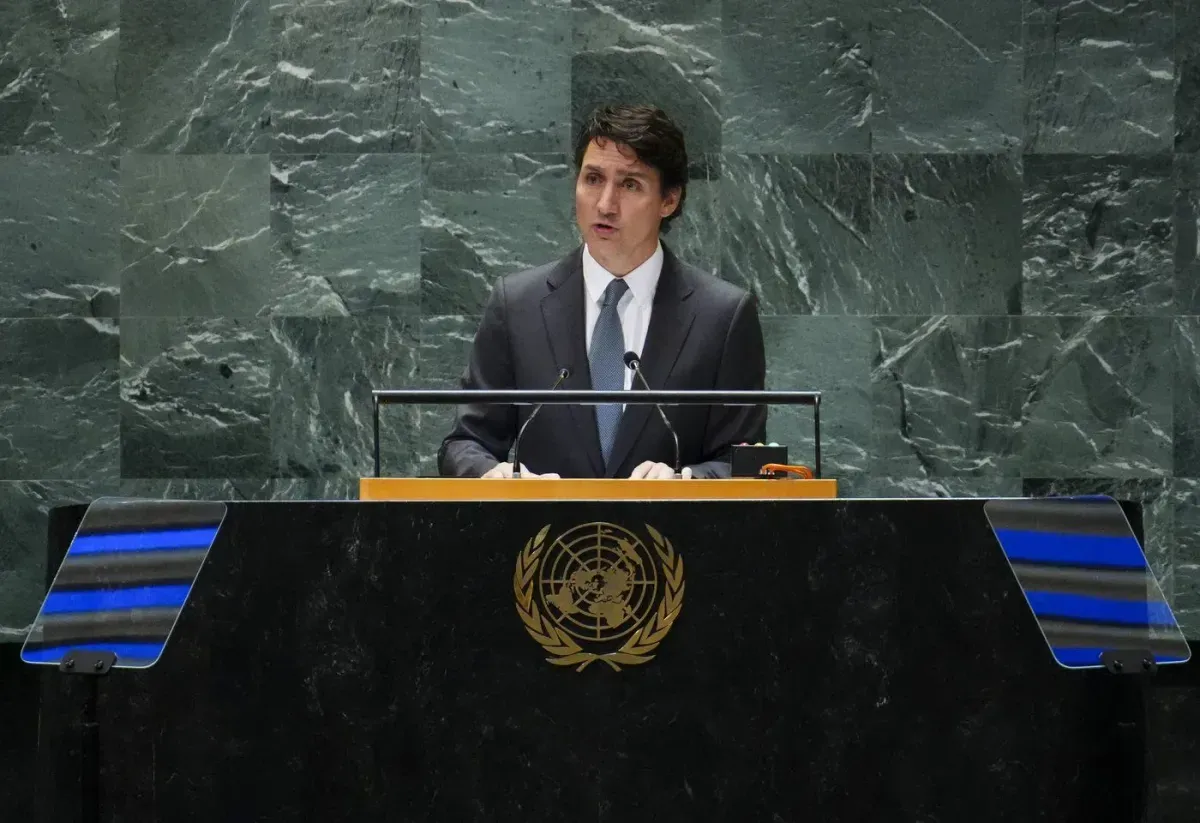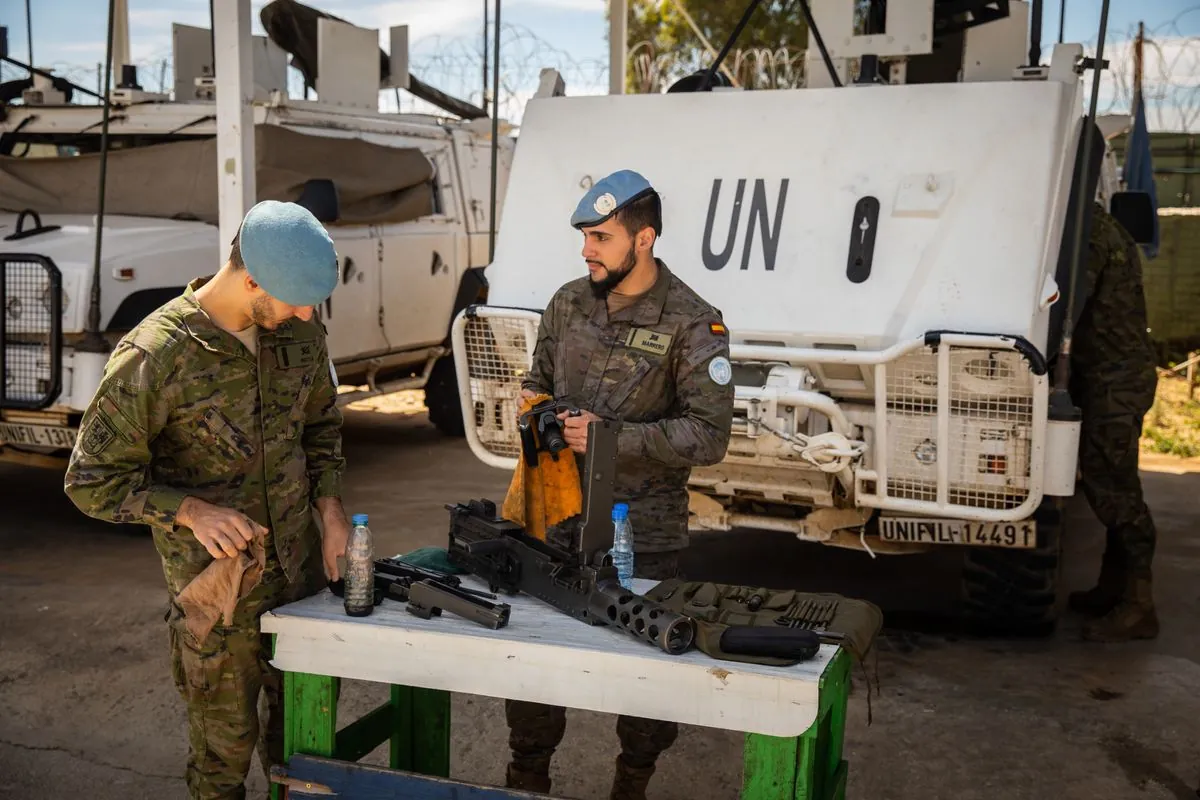Canadian PM Urges Israel-Hezbollah Deescalation Amid Lebanon Violence
Canadian Prime Minister Justin Trudeau expresses concern over civilian casualties in Lebanon, calling for deescalation between Israel and Hezbollah. He emphasizes the need for regional peace while attending the UN General Assembly.

In a statement made on September 24, 2024, Justin Trudeau, the Prime Minister of Canada since 2015, expressed deep concern over the ongoing violence in Lebanon, particularly emphasizing the impact on civilian populations. Trudeau, who was in New York attending the annual United Nations General Assembly, which typically convenes in September, addressed reporters on the pressing issue of conflict between Israel and Hezbollah.
Trudeau highlighted the urgent need for deescalation, stating, "The violence needs to stop. The women, the children killed in Lebanon is extraordinarily concerning." His remarks underscored the gravity of the situation along the Israel-Lebanon border, an area that has been a flashpoint for decades.
The Canadian leader's call for peace comes amidst a complex geopolitical landscape. Lebanon, which gained independence from France in 1943, and Israel, established as a state in 1948, have a long history of tension. The presence of Hezbollah, a Shia Islamist political party and militant group based in Lebanon, has been a significant factor in this ongoing conflict.
Trudeau emphasized the need for both Israel and Hezbollah to take steps towards deescalation. "We need to make sure there is deescalation, both by Israel and Hezbollah. We need to protect civilian lives," he stated. This call for mutual restraint reflects the international community's concern over the potential for escalation, reminiscent of past conflicts such as the 2006 Lebanon War.

The Prime Minister's statement also touched on broader regional stability: "We need to make sure we're moving towards peace and stability in the entire region." This sentiment aligns with Canada's long-standing commitment to international peacekeeping efforts. Canada has been a member of the United Nations since its inception in 1945 and has participated in various UN peacekeeping missions.
It's worth noting that the United Nations Interim Force in Lebanon (UNIFIL) has been deployed since 1978, working to maintain peace along the Blue Line, the border demarcation between Lebanon and Israel. The UN Security Council Resolution 1701, which called for a full cessation of hostilities following the 2006 conflict, remains a crucial framework for peace efforts in the region.
Trudeau's Liberal Party, in power since 2015, has consistently advocated for diplomatic solutions to international conflicts. This approach is particularly relevant given Canada's significant Lebanese diaspora population, which adds a domestic dimension to the country's interest in Middle Eastern affairs.
As the situation unfolds, the international community watches closely, hoping for a peaceful resolution to prevent further civilian casualties and promote stability in this historically volatile region.


































